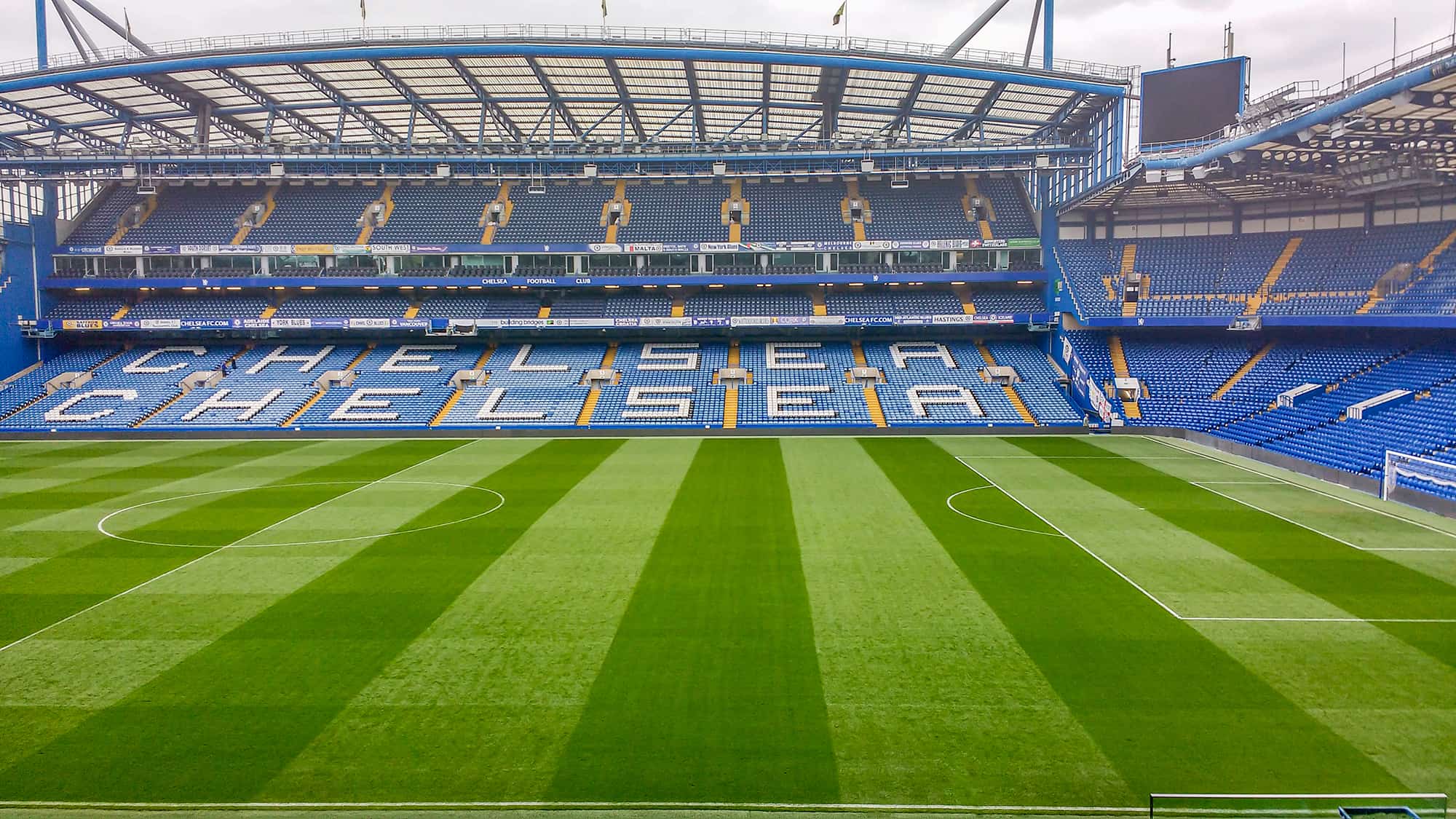Way back in 2019, the Premier League finally bowed to pressure and introduced VAR, with the intention of stamping out high-profile referee mistakes. Fast forward four years and football fans up and down the country have been left scratching their heads, wondering whether it was the right decision.
For years we all scrutinised referee’s decisions and wanted a change. Following the success of video-assisted systems in other sports, such as tennis, rugby and cricket, it felt only natural to bring it into football.
When it finally arrived, it felt like a huge step forward for the sport. There were some obvious drawbacks initially, primarily involving the amount of time it was taking to reach a decision, as well as the lack of clarity for fans watching in the grounds.
The main argument at the time was ‘at least they’re reaching the right decision’ and there were hopes that those delays would eventually be ironed out. But following four years of VAR experience in English football, we’re still regularly seeing wrong decisions and something clearly needs to change.
Is VAR working?
In a word, no. There have been multiple catastrophic errors from officials, most notably the decision to rule out Luis Diaz’s goal against Tottenham last month. The Colombian thought he had fired Liverpool ahead but he was flagged offside, which VAR seemed to quickly concur with.
Yet images quickly began circulating on social media that showed Diaz looked to be onside, which sparked outrage that the VAR check had lasted only a matter of seconds. The audio between the officials was later released and highlighted a major lack of communication.
In this case, it’s more complicated than just saying ‘VAR is bad’. In theory, the system worked just fine. But there was a situation of human error, where VAR official Darren England thought that the goal had been given, hence why he suggested the decision was correct.
The audio revealed that they quickly realised their error but as play had already restarted, the rules dictated that they were then forbidden from intervening. If that rule offered an element of flexibility, all this could have been avoided.
That’s not the only time a VAR blunder has cost Premier League teams. Since its introduction, the PGMOL have issued 13 separate public apologies acknowledging that they have made mistakes.
One notable instance occurred in February 2022, when Manchester City midfielder Rodri handled the ball in the penalty area late on against Everton. VAR failed to award a spot-kick, City won the game 1-0 and eventually pipped Liverpool to the title by a point.
Had the penalty been given and ultimately scored, it could have had huge repercussions on the title race that season. Retrospective apologies can’t be cashed in for points and in huge moments, they’re meaningless when there’s so much on the line.
Another huge downside of VAR that has been present since the beginning is the killing of spontaneity. It takes away the raw emotion that scoring a crucial goal can bring. Players and fans often now only half celebrate through fear that their goal may be chalked off, which often sanitises the atmosphere within the ground.
How can VAR be improved?
There are undoubtedly plenty of people whose solution would be to simply get rid of it. But there’s pretty much a zero percent chance of that happening. Whether you agree with VAR or not, it’s here to stay.
The system has proven to be effective and the majority of the issues seem to stem from those in charge of it. VAR has the potential to be great, demonstrated by the effectiveness we’ve seen in other competitions across the globe.
With that being said, an obvious solution would be to import the best referees from around the world. The Premier League is a global product, watched by hundreds of millions, with the best managers and players the sport has to offer. So why can’t we have the best officials as well?
Similarly, the introduction of semi-automated offsides would immediately improve things. Far too often, fans and players are left hanging as the VAR officials take their time drawing lines to determine offsides, leading to arguments about when the ball was played and whether the lines are in the right place.
Semi-automated offsides have been used in the World Cup and the Champions League, with sensors in the ball that offer a quick, accurate and objective decision.
There also needs to be more transparency for fans. The recent audio releases have been interesting but they ultimately don’t mean much after the event. Allowing fans both in the ground and at home to hear the conversations live, similar to in rugby, would make many decisions a lot more understandable.
A final suggestion to improve the system could be a timer system. Some VAR decisions take so long to reach a conclusion and do little to end debate about whether it was correct. Many incidents are so subjective so if a referee is unable to reach a decision within a set period of a minute or two, then it’s not a clear and obvious error so perhaps the benefit of the doubt should be given.
One thing that’s clear is that VAR isn’t going anywhere. We need to learn to live with it but that doesn’t mean it should be something we all despise. In theory, the existence of VAR stops mistakes, makes matches fair and reduces the pressure on officials. But it clearly needs revamping and fingers crossed the Diaz incident is a catalyst for major change across the board.



